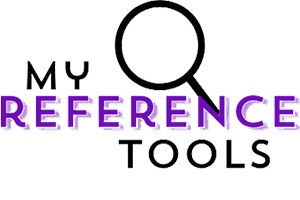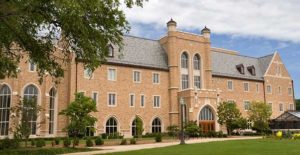Early Childhood Education/Development Overview

Early childhood education is a branch of the education field that specializes in the formal education of young children ages 3 to 5, though work is often done with infants as well.
Since early childhood education deals with children younger than typical school age, coursework and training in this field differs somewhat from traditional elementary education. Early childhood education focuses on children learning through play as opposed to the constructed, isolated skills practice often found in primary and intermediate grades. Students who study this discipline must become adept at both encouraging and assessing children through play.
Early Childhood Education Degree Requirements
Students who study early childhood education are exposed to a variety of topics related to the education of young children. While degree program requirements vary from school to school, the topics of study are fairly consistent. First, students will gain an understanding of the learning process and developmental stages of young children. This is extremely important coursework, as young children do not learn in the same manner as older children and adults.
Students also typically complete some sort of clinical experience, where they will be called upon to both observe practicing early childhood educators and to instruct young children themselves. These clinical experiences take place under the guidance of both a cooperating teacher and a university representative. This is the time when students are able to put all of the pedagogy and background information they have acquired in their studies to use.
Required Skills
A few skills are required in order to be a successful early childhood educator. Sudents must have a deep love of working with children. Since the students in an early childhood education setting are extremely young, patience and tenderness are required. Students who have a difficult time dealing with toddlers should likely choose a different age group to teach.
Since early childhood education often falls under the special education umbrella, organization is also a must. Many of the observations that a teacher will have to make and record are anecdotal, so file systems are important. Also, communication between instructors and the families of students in their care is vital. Since a young child’s development can often be a sensitive subject, delicacy and communication skills are primary components for success in this field.
Possible Job Opportunities
The obvious career choice for early childhood education students is to work in a pre-school environment, or in a public school with a pre-kindergarten program. However, many early childhood professionals work in hospitals with certain on-site programs, and others will elect to work in a traditional daycare setting. Also, in some states, the license for practicing early childhood educators allows them to perform classroom teaching duties in classrooms up to third grade.
However, there are other possibilities for career paths in early childhood education as well. Many people elect to pursue an advanced degree and often end up working as a program administrator for an early childhood or elementary school building. Others who pursue advanced studies end up working on research projects to help improve the quality of early childhood programs. Since the license offers the ability to work in an elementary school setting, all of the paths available to elementary school teachers are available to early childhood teachers as well.
A degree in early childhood education often leads students to a rich and fulfilling career. Since early identification has been shown to yield the most possibilities for successful interventions, early childhood teachers often provide a great service to children and their families. It is truly rewarding to help a child have access to a healthy, positive childhood learning experience.







